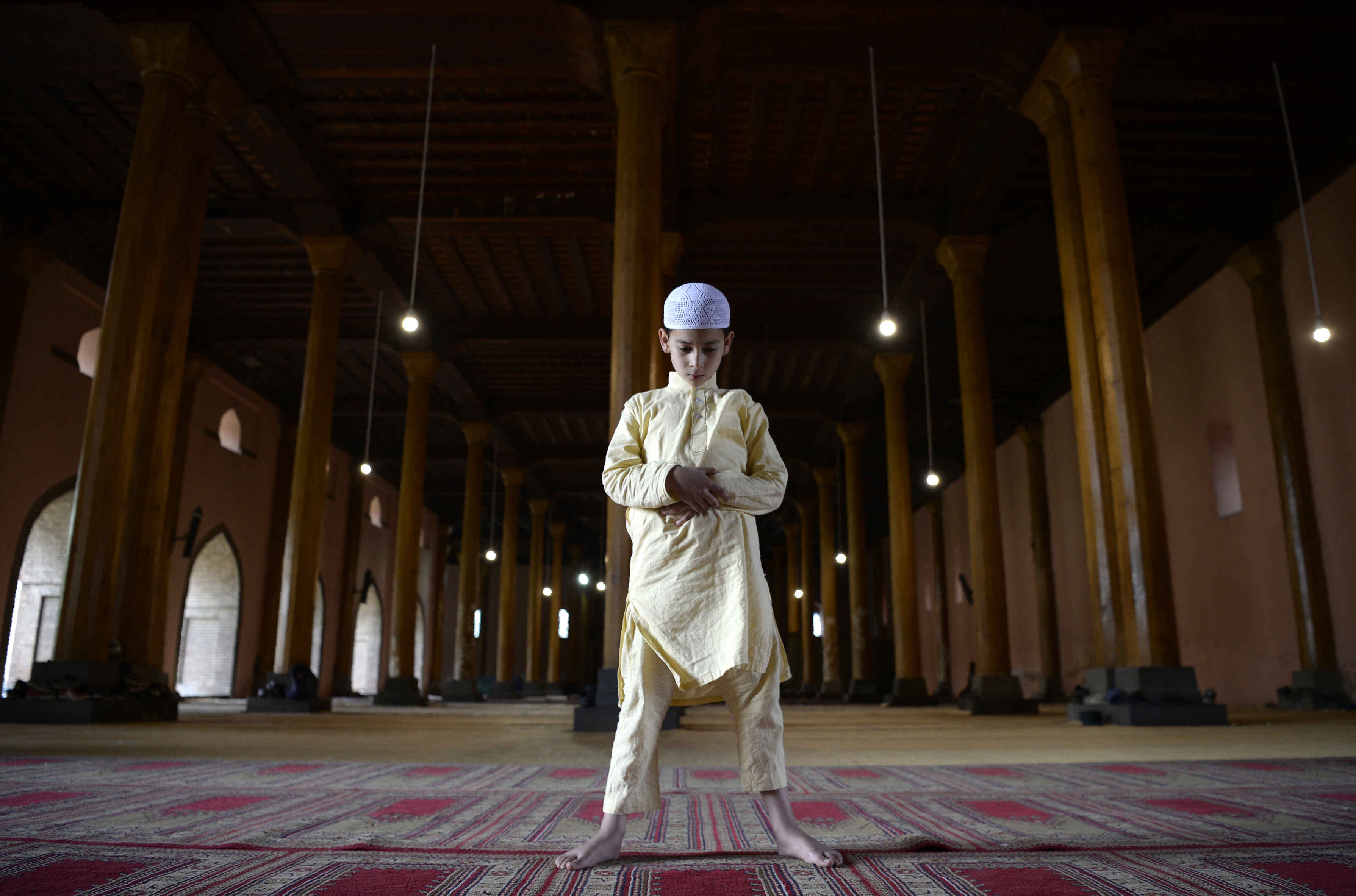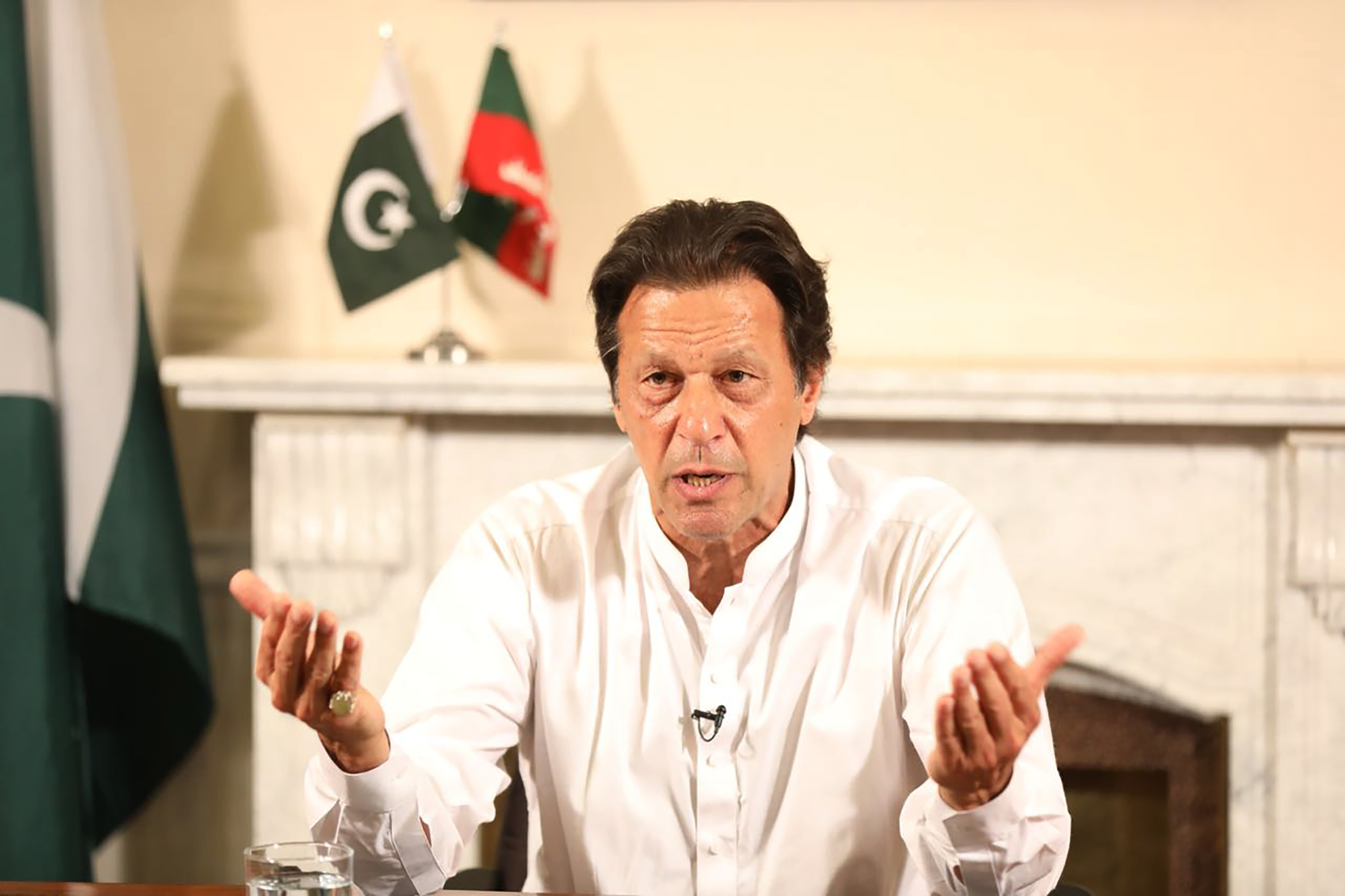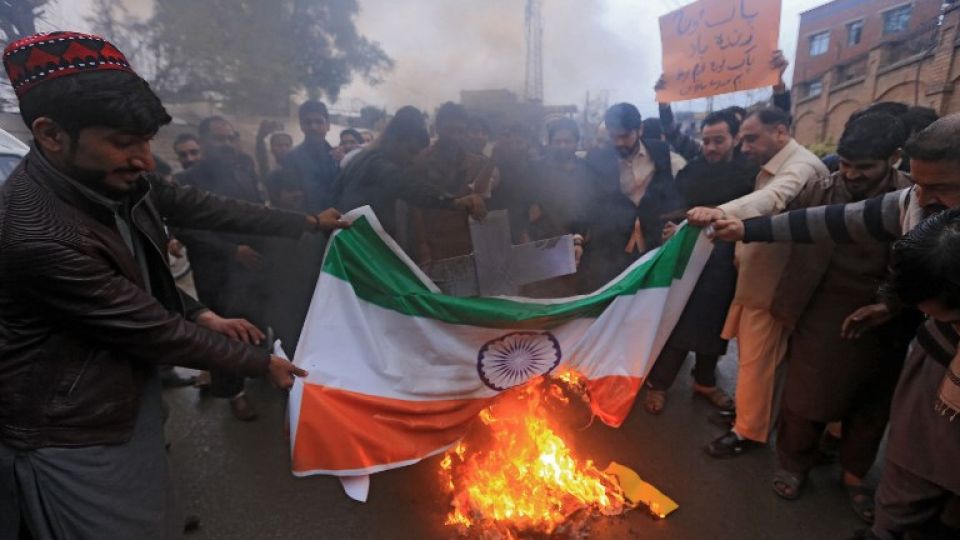August 5, 2019
India revokes Article 370 of it’s constitution which gave special status to the disputed border state of Jammu and Kashmir.
The Indian government on Monday announced it had revoked Article 370 of the Constitution which granted special status to the state of Jammu and Kashmir.
The provision was put in place two years after the partition of the Indian sub-continent in 1947, which resulted in the creation of Pakistan and India.
Simultaneously, the state has been bifurcated.
In place of the erstwhile state of Jammu and Kashmir which comprised three distinct regions – Hindu-majority Jammu, Muslim-majority Kashmir Valley and Buddhist-majority Ladakh – two new administrative entities have come into being.
These are the Union Territories of Jammu & Kashmir and the Union Territory of Ladakh. The former will have its own Legislative Assembly just as the state did, while no details as yet have been provided on the form of the legislature which will represent the democratic will of the people of Ladakh.
UTs, under the Indian Constitution, are administrative units that do not have all the powers of the states with the Centre or Federal government in New Delhi typically retaining control over issues such as land rights and law and order (police) while delegating most day-to-day governance rights to the UT.
The status of the erstwhile Indian state of Jammu and Kashmir has bedevilled India-Pakistan ties for over 70 years with four wars and close to a dozen serious military skirmishes have taken place between the two South Asian neighbours on the issue. Both New Delhi and Pakistan retain control over parts of Kashmir and stake claim to the territory under the other’s control.
Amidst an outpouring of triumphant, popular support – and praise by a majority of Indian political parties including some opposed to the ruling Bharatiya Janata Party (BJP) for what they termed a “long overdue, historic and bold step to resolve the Kashmir issue” – there was also severe criticism of the decision by the main Opposition Congress Party and a handful of smaller “secular” parties.
Kashmir Valley based Indian regional political leaders including former Chief Ministers Omar Abdullah, Farooq Abdullah and Mehbooba Mufti used adjectives such as “catastrophic” and “disastrous” to describe the move.
Mufti tweeted that with the abrogation of Article 370 “the bridge between India and Kashmir has been destroyed… India is painting itself as an occupier with this move.” A slightly more circumspect Farooq Abdullah, a former Indian Federal Minister, appealed for calm in the Valley and asserted no precipitate or provocative actions should be encouraged.
The announcement, entirely unprecedented in the annals of India’s post-Independence history, was made by the Narendra Modi’s Administration’s No. 2, Home and Internal Security Minister Amit Shah, in the Upper House of the Indian Parliament. Shah is widely seen as a security hardliner and, increasingly, the political heir-apparent to Modi.
With the abrogation of Article 370, the provisions of special status to Jammu and Kashmir were scrapped giving the Union of India or Federal Government powers to redraw the state’s boundaries.
Shah iterated in Parliament that Article 370 was a hindrance for the development and growth of the residents of the former state of Jammu and Kashmir.
“It (Article 370) never let J&K unite with India and people lived in poverty because of the special status,” Shah said, responded to the charges of the government “not respecting the Constitution’ levelled by leader of the Congress in the Upper House Ghulam Nabi Azad.

The move is widely seen as an integrationist effort by the Modi Administration aimed at “mainstreaming” Kashmir which has seen an armed, of late Islamist insurgency supplied, backed and directed, according to the Indian government, by Pakistan using the anti-India terror groups operating from its soil.
The BJP has had the abrogation of Article 370 on its elections manifesto from its very inception. It is also integral to its “One India” policy wherein all laws apply to all parts of the country equally and without discrimination.
Critics of the move see it as a coming to fruition of the “Hindu nationalist agenda” of the Modi regime which was in May was re-elected to office with a thumping majority. The charge against the government is that it wants to change the demographics of the former state, especially the Kashmir Valley.

Pakistan, meanwhile, said it would “exercise all possible options to counter the illegal steps” taken by India regarding “Indian-occupied Kashmir”.
What cannot be denied, however, is that the move to do away with restrictions applicable only to J&K will have a huge impact on all Indians. It is likely that:
* Any Indian can will now be able to buy property in the region albeit with restrictions similar to those which apply to other hill states/UTs to protect local cultural traditions;
* Female residents of Jammu and Kashmir won’t lose their inheritance rights even if they marry outside the region, bringing them on a par with male residents who marry outsiders;
* Kashmiri Pandits, who are Hindus and were hounded out of their homeland by extremists in the 1990s, may be able to exercise their right of return;
* Indian citizens from other parts of country can settle in Jammu and Kashmir and apply for domicile;
* All Indian citizens can apply for government jobs in the region;
* UT legislatures would function on the lines of other Union Territories such as Delhi and Puducherry with slightly less powers than a full-fledged state.


